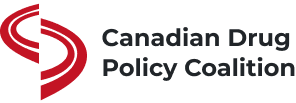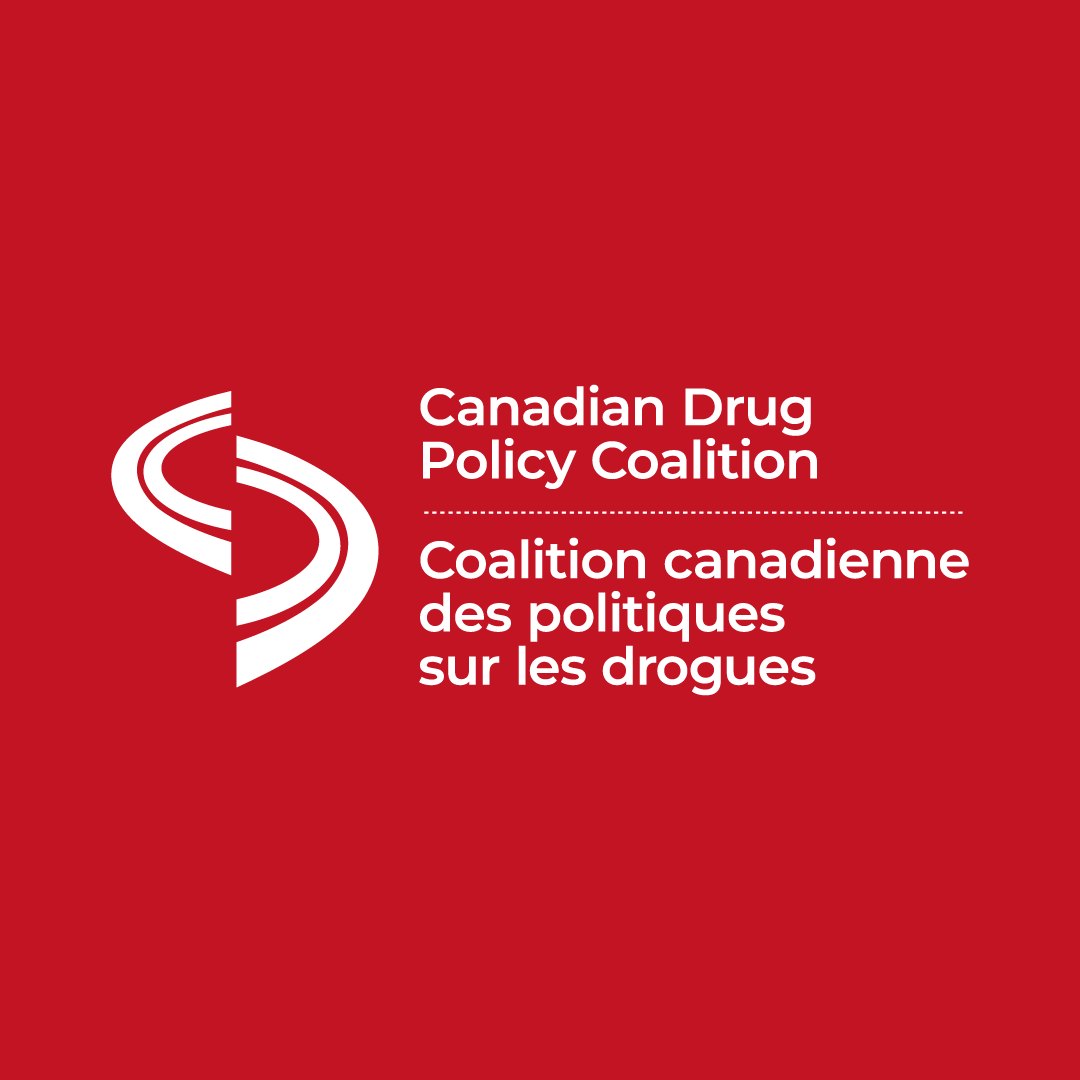Bill C-10 , the Safe Streets and Communities Act passed in parliament with a majority vote of 157 to 127. It now moves to the senate.
The newly formed Canadian Drug Policy Coalition(CDPC) is deeply opposed to this legislative approach and its accompanying policies. More punitive laws will compound the failures of the criminal law that have become so evident over the past century.
This push for increased penalties for drug offences occurs in a climate of declining crime generally. Statistics Canada reported that the 2010 crime rate, which measures the volume of police-reported crime, reached its lowest level since the early 1970s. The report found that drug crimes were one of the few categories of crime that showed an increase. Drug offences increased by 10 per cent in 2010, largely due to the increase in police-reported cannabis offences. There were almost 109,000 police-reported drug crimes in Canada that year. About half were for possession of cannabis. The report noted that the overall increase in police-reported drug offences continues the upward trend that began in the early 1990s.[i] In short, drug offences appear to be a criminal justice “growth industry.”
The CDPC is calling for dialogue to create sensible, pragmatic and humane reform of Canada’s drug laws and policies. We are currently working to develop a report that we hope will help guide a national consultation about reform of Canada’s laws and policies on currently illegal drugs. Government is welcome to participate, but it is the Canadian public that should shape the discussion.
Stay Connected! Join the Coalition
The CDPC is not against legislation that attempts to address crime in our communities, but it must be based on a body of evidence that proves it can achieve its goals. Bill C-10 fails this test. Both LeadNow and Avaaz have campaigns that are building a massive base of support . Check them out and help write the next chapter.
The good folks at www.itcouldgetworse.com will be releasing a statement with the names and contact info for the 10 Conservative Senators most likely to be swayed by reason and democratic principles later this week. Don’t give up. It is up to the senate now to have courage to introduce sensible amendments that will keep Canadians truly safe.
Our partners at the Canadian HIV/AIDS legal network have a number of specific policy amendments. We urge you to join the coalition and together support our member’s actions.
#Omnibuster #cdnpoli #drugpolicy





